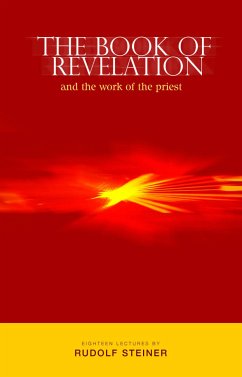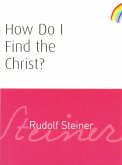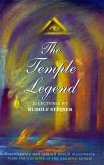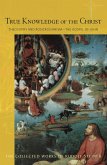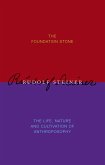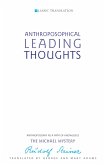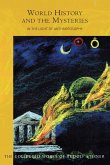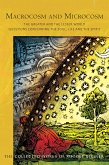Although he had previously presented his insights into the Book of Revelation a number of times, in 1924 Steiner ventured to give a completely new perspective - in response to a request by priests of The Christian Community - by relating the subject closely to the work of the modern priest. 'These priests felt the need to achieve a closer relationship with the Book of Revelation', he wrote later. 'I believed I would be able to contribute to such a closer relationship. The spiritual paths I follow had enabled me to trace the apocalyptist's footsteps. So I felt that with this course of lectures I would be able to achieve a depiction that would convey this priestly book in its true sense as a spiritual guide for the priest.'
Dieser Download kann aus rechtlichen Gründen nur mit Rechnungsadresse in A, B, BG, CY, CZ, D, DK, EW, E, FIN, F, GR, H, IRL, I, LT, L, LR, M, NL, PL, P, R, S, SLO, SK ausgeliefert werden.

